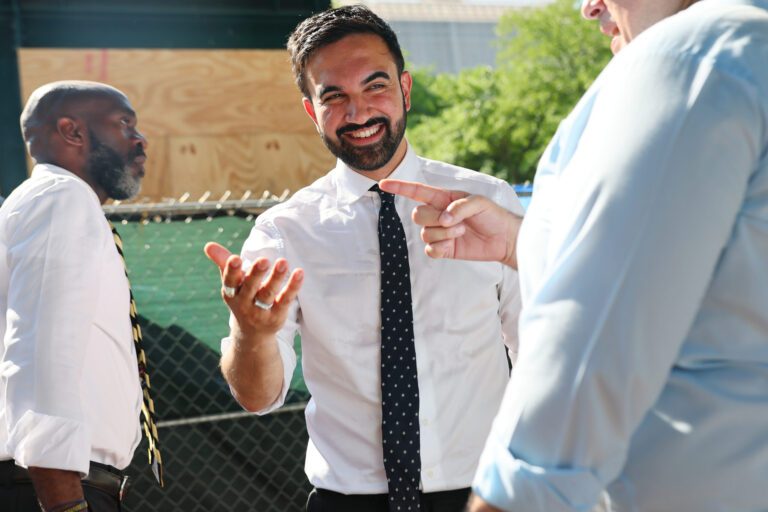Controversial Property Tax Proposal Faces Legal Scrutiny in New York City
The political landscape in New York City is heating up as the Department of Justice’s Assistant Attorney General for Civil Rights, Harmeet Dhillon, warns Democratic mayoral candidate Zohran Mamdani about the legality of his proposed property tax reforms. Mamdani’s plan, which aims to redistribute the tax burden away from lower-income neighborhoods to “richer and whiter neighborhoods,” is drawing red flags from legal experts and political opponents.
Legal Warning on Racial Discrimination
In a pointed statement during a live YouTube appearance with commentator Benny Johnson, Dhillon emphasized, “Racial discrimination is illegal in the United States — period. The illegal discriminatory scheme described by Mamdani would violate federal constitutional and statutory norms, and might even violate New York law.”
Mamdani, a 33-year-old Democratic Socialist and newly elected primary candidate, comes onto the political scene with a radical agenda that raises questions about its implications for taxpayers across the city.
Mamdani’s Tax Policy Proposal
Mamdani’s platform includes several ambitious initiatives aimed at economic reform:
- Free buses and childcare
- Rent freezes on stabilized apartments
- New property tax code aimed at wealthier neighborhoods
According to Mamdani, the current property tax system is "deeply inequitable," stating:
“Shift the tax burden from overtaxed homeowners in the outer boroughs to more expensive homes in richer and whiter neighborhoods.”
He argues that the assessment levels for property taxes are artificially capped, resulting in wealthier homeowners contributing less than their fair share.
Implications for the Upcoming Election
Despite winning the Democratic mayoral primary, Mamdani faces a significant challenge in the general election scheduled for November. Although Democratic nominees traditionally hold an advantage in New York City, the radical nature of his proposals could complicate his chances, especially in a field crowded with independent candidates and the incumbent mayor.
When approached for a comment regarding the potential civil rights investigation initiated by Dhillon, the Office of Civil Rights offered no response, fueling further speculation about the legal ramifications of Mamdani’s policies.
Responses from Notable Figures
Former President Donald Trump also weighed in over the weekend, cautioning that federal funding for New York City could be jeopardized should Mamdani attempt to implement his far-left initiatives:
“If he does get in, I’m going to be president, and he has to do the right thing or they’re not getting any money,” Trump said.
Broader Context of Discrimination
Dhillon’s stewardship of the Civil Rights Division suggests a shift away from traditional discrimination paradigms. Critics claim that her focus on various forms of discrimination—including anti-Asian and anti-white bias—has diverted attention from long-standing issues facing Black and minority communities.
Last month, Dhillon launched an investigation into the city of Chicago, claiming hiring practices based on race were being employed under Mayor Brandon Johnson’s administration, further highlighting her commitment to scrutinizing racial equity in government.
Understanding the Property Tax Debate
Mamdani’s proposed changes to property taxes have sparked commentary from across the political spectrum. Critics, including past city council member Joe Borelli, have echoed similar sentiments:
“Mamdani’s ‘raise white people’s property tax’ plan is the same agenda I pushed for over a decade,” Borelli stated. He emphasized that the disparity in property tax rates in various neighborhoods, such as Staten Island and parts of Queens, is not simply a racial issue but one connected to long-standing economic factors.
Conclusion
As Zohran Mamdani’s controversial property tax proposal continues to generate debate, it raises important questions about equity, legality, and the future political landscape of New York City. This issue underscores the complexities of tax reform and its impact on diverse communities throughout the city.
For detailed analysis on property tax issues, visit The New York Times or learn more about the legal implications of discrimination from Nolo.


